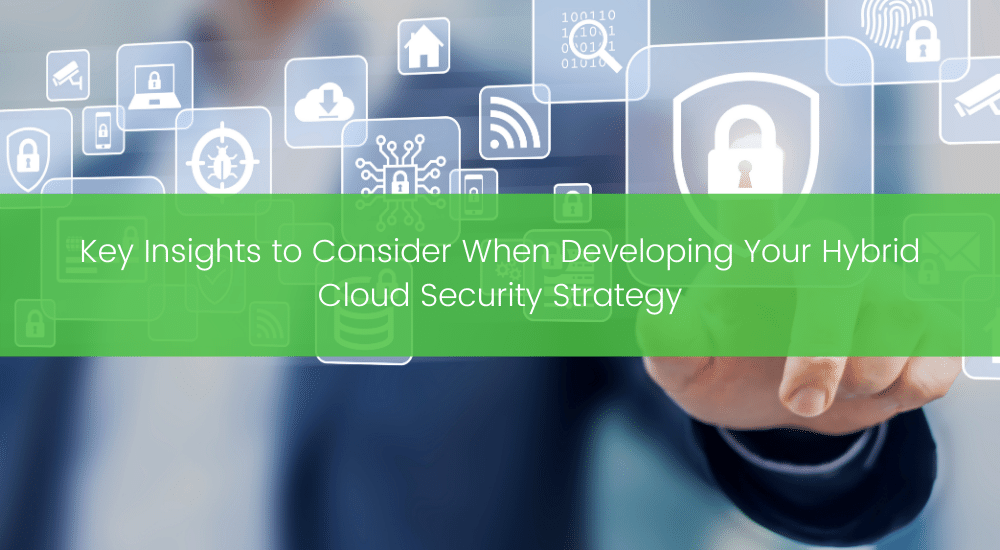
Developing a hybrid cloud strategy has become a critical element of moving business operations into the future. Each business experiences a unique journey to the cloud. Using a set of prioritized criteria—your existing resources and future plans can be aligned with the benefits of the hybrid cloud, but security should be a top priority.
In a 2019 Nutanix/Vanson Bourne survey of 2650 IT decision makers, 85% said hybrid cloud is the “ideal operating model”. Furthermore, recent research suggests that cybercrime is up 600% as a result of the pandemic.
The benefits companies experience can be measured in terms of performance, cost savings, increased security, and workload portability for overarching technological innovation. The hybrid cloud presents a tremendous opportunity to organize and prioritize business objectives while creating a path towards greater profitability.
Establishing a secure and agile technology framework helps businesses choose the appropriate hybrid cloud solutions that best fit their needs. Cloud computing security has often been called into question. Human error, patchwork deployments, and malware attacks all pose substantial security risks to on-premise infrastructures. The complexity of the hybrid cloud requires careful planning and a solid security strategy prior to cloud deployment.
Let’s take a look at what factors should be considered when developing a hybrid cloud security strategy.
What to Consider
Creating a sound hybrid cloud deployment methodology requires understanding there is no need to move all applications simultaneously. In fact, utilizing an all-in-right-now approach may increase security risks if using archaic forms of legacy infrastructures. Begin your hybrid cloud journey using data backup or desktop virtualization before incrementally adding additional solutions specifically catered to your business model.
Cloud security responsibility falls directly onto both the cloud provider and the user. McAfee believes the cloud service provider covers the cloud’s security, while the customer covers additional forms of security. Cloud users require businesses to take responsibility for risk and threat management as a means of protecting their data, applications, and networks while simultaneously managing orchestration between various environments.
Why Use the Hybrid Cloud
Hybrid cloud users are able to gain greater visibility into the cybersecurity world by organizing and classifying their data before encrypting the most sensitive elements. Monitoring who can access data using authentication and authorization processes allows individuals to maintain control over how data is processed and moved between cloud-based devices. Employees should only be able to retain access to data on an as-needed basis. IT teams should remain focused on developing solutions that best manage cloud-based security solutions.
The problem with many large organizations is a systematic shortage of qualified IT personnel. Many companies lack the capacity or expertise to handle the various nuances of cloud computing. FireMon estimates that 59% of IT security teams handle extreme amounts of stress related to managing on-premise and cloud networks.
Organizations’ security pressures cannot be evenly distributed due to a shortage of qualified cloud and cybersecurity personnel. As many decision-makers commonly face these dilemmas—many SMBs turn to managed service providers to realize the benefits associated with hybrid cloud solutions.
Let TBC Guide Your Hybrid Cloud Strategy
TBConsulting offers managed service provider solutions with specialization in IT systems, software, data storage options, security monitoring, and more. We work alongside your organization’s CIO and IT teams to help you manage workspace operations. Whether you’re back in the office or working within a remote environment—TBC can provide the tools necessary to help your company thrive and succeed.
TBC identifies your systems, workloads, data storage, and applications within your digital environment. We provide fully managed solutions for companies looking to optimize remote workforces while alleviating the burden placed on in-house IT employees.
To learn more key insights on what to consider when transitioning to the hybrid cloud, check out our most recent article.
.png)

